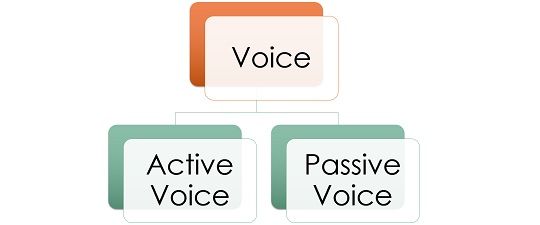Learn how to acknowledge your sources of information It is important that you acknowledge your sources of information in your academic writing. This allows you to clearly show how the ideas of others have influenced your own work. You should provide a citation (and matching reference) in your essay every…
-
-
In our previous article, ‘What is the Difference between Active and Passive Voice?’, we explained the difference between active and passive voice in academic writing. We also gave examples of passive voice that result in vague or unreferenced generalisations. In this article, we will explain how to reconstruct sentences to…
-
Knowing the difference between active and passive voice is important for academic writing. It’s important to state upfront that neither voice is wrong per se; when used correctly, they each serve a purpose in academic writing. This article will explain the difference between the active and passive voice and our…
-
This is the third, and final, instalment in our ‘Understanding Verb Forms’ series. We encourage you to catch up on ‘Understanding Verb Forms—Part One’ and ‘Understanding Verb Forms—Part Two’, which cover plain and past tense form, and past participle form respectively. This article will explain the present participle form of…
-
You may have read some articles from our ‘Commonly Confused Words’ series: a series where we explain the difference between some of the most misused words in academic writing. As a tangent to that series, we want to spend some time exploring the confusing aspects of tense. What is the…
-
Did you know that ‘swum’ and ‘swam’ are both correct forms of the verb ‘swim’? This article explains how to use irregular verbs, such as ‘swim’, correctly as their role in a sentence changes. This three-part series explores the tricky transformations of verbs as they move from plain form, to…
-
The English language is truly bizarre and full of inconsistencies, particularly when it comes to spelling. When ‘ph’ and ‘gh’ are meant to sound like ‘f’ and silent letters abound, such as the ‘k’ in ‘knee’ and the ‘b’ in ‘thumb’, it is no wonder that people get confused. However, mastering spelling…
-
Compound verbs (i.e. compound words functioning as a single verb) usually appear as two or more words (e.g. ‘was destroyed’, ‘was looking’ and ‘will be waiting’) and are thus not hyphenated. Compound adverbs (i.e. two words modifying verbs), on the other hand, usually appear as one word. In both instances,…
-
Three Latin shortened forms commonly appear in academic writing: ‘i.e.’, ‘e.g.’ and ‘etc.’. Often ‘i.e.’ and ‘e.g.’ are used interchangeably, but this is incorrect. This article will define the meanings of each of these Latin shortened forms and explain how to use them correctly in formal contexts. What does ‘i.e.’…
-
In the article ‘How to Use MS Word for Proofreading’, I discussed some of the ways you can take control of Word 2016, to make its proofreading tools more efficient and accurate by tailoring them to your needs. In that article, I explained how to check your Proofing Options, including…








